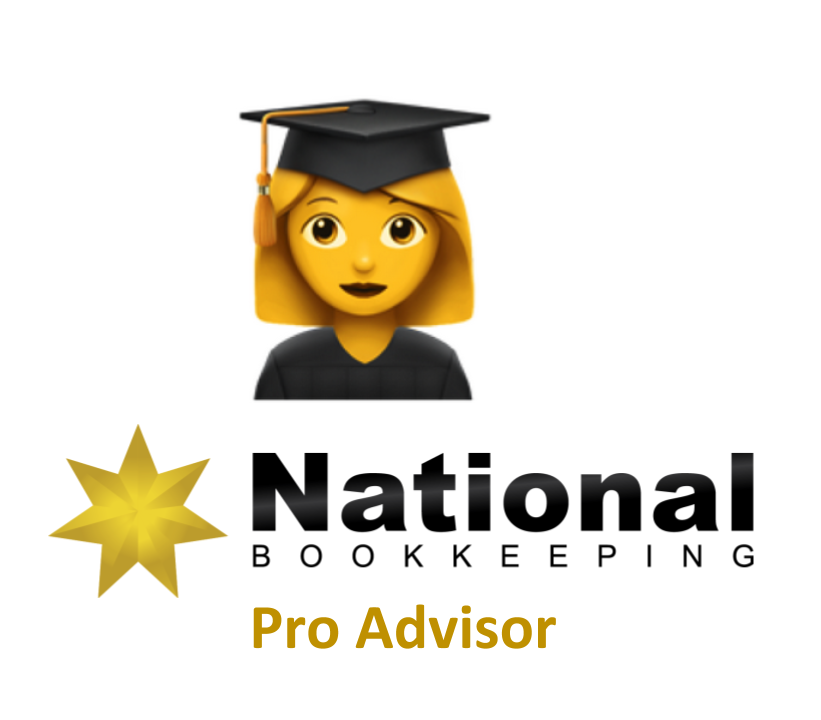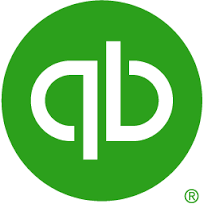Rescue Bookkeeping is something that regular bookkeepers and BAS Agents do all the time with their clients because they are late in providing their accounting information, but for most bookkeepers these situations define the type of work performed.
Tax returns in arrears
By definition, anyone seeking help with catch-up or rescue bookkeeping will have a backlog of some kind.
In one example a client might be three years behind with his tax returns.
With catch-up bookkeeping, there is a high likelihood that your client’s systems for maintaining their receipts are inadequate, and that there will be missing receipts and records. The further back the backlog reaches, the more information gaps you will encounter and bank reconciliations will become more time consuming.
Business and Personal Bookkeeping Records
Many businesses seeking rescue bookkeeping, combine their business and personal transactions in the one bank account. They may also perform other PAYG or Gig Economy work.
In addition to operating a sole trader business, a small business owner may also take on casual work in Aged and Disability Care in a personal capacity and the bank statements will contain transactions that relate to (but don’t differentiate between) each of these roles.
Investment Property Transactions
What if your new client has also a recently purchased an investment property. Between casual work, the sole trader business and the recently purchased investment property, your client has several distinct income streams and transactions which will complicate reconciliation and data entry tasks.
Tax receipts
Even if your new bookkeeping client doesn’t make a huge amount of transactions if they are three years behind they would have accumulated 200 receipts – where are they and who is going to go through them?
This is a significant data entry burden, and given the extended timeframe, it is safe to assume that not all receipts will be retrievable, and that there will be discrepancies. Some receipts may also have gone white and can’t be read if they are exposed to sunlight!
Potential Scenario
Your clients receipts are in hard copy (they don’t use Hubdoc or other Receipt Capture software that would enable them to create and keep a digital record), and the bank does not enable your client to use bank feeds to import transactions onto the accounting software.
In this case you will need to “problem solve” a solution, to avoid a scenario where the client physically posts the receipts to you, which risks resulting in a range of negative outcomes for you and for them, if the receipts are lost prior to creating a digital record.
Attention of the ATO
What if your new bookkeeping client says the majority of his transactions are business expenses, and he expects a sizable return, so he thinks he will be a “red flag” for ATO auditors?
He has been informed that the ATO are reasonably easy to deal with as long as he communicates regularly and give them an update of the work that has been completed and when he expects to complete it all. Will they need to speak with YOU about these transactions?
Be ready to discuss with your client issues around dealing with the ATO.
There is no guarantee that your clients perception is accurate, or that he is completely clear on the financial state of his business. For this reason, he needs to be prepared for any unwanted surprises.
In many cases, catch-up rescue bookkeeping clients won’t have attended to any record keeping at all.
Time to Communicate
One of the unexpected costs associated with Rescue Bookkeeping is the time it takes to get clarification about the purpose of transactions. You may come across some receipts and need confirmation of the account code to use (or to know if it is personal or business) and your new client might not know right away.
Your client might also be very busy earning an income and is not able to return your call/email/sms until the end of the day – or, 2 weeks later!
This time lag can end up becoming VERY frustrating and may require you to be MORE efficient in your coding and messages.
Avoiding costs
Your new client might be very keen to keep expenses down, which is one of the reasons he has never engaged the services of a BAS agent or an accountant, and in fact one of the reasons he is now seeking rescue bookkeeping.
There may be some tasks that relate to Tax/GST that can only be performed by a Registered BAS Agent or under guidance from the owner or business accountant.
Your new client might see competitors prices or Level 1 Bookkeeper Rates and want to pay those rates but he may also need help from someone more experienced who charges more money.
In these circumstances it is important to keep in mind the parameters of the job, and to ensure that you do not mistakenly agree to any work that might be out of your skillset or capability.
Scope Creep
One of the main reasons for having a Professional Services Agreement with your clients is to clearly define the type of work you do and the rates you charge for that work.
Accounting firms will often have a rate card or a Client Engagement Letter that shows different charge out rates depending on the skill level, qualifications and experience of the most appropriate person to do the work. This way they avoid losing money because of Scope Creep.
See other Bookkeeping Service Packages













